
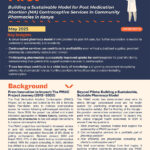
The PMAC model has demonstrated clear wins for clients (through personalized care) and the health system (by positioning pharmacies as accessible contraceptive outlets). But the third leg of the triangle – the provider – remains less understood: Can pharmacies profit while delivering these services?
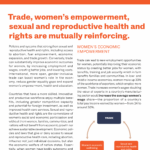
This brief highlights how international, more open, gender-inclusive trade can boost women’s role in the economy, can reduce gender quality gaps, and can expand women’s empower, health and education—and how trade, women’s empowerment and sexual and reproductive health and rights are mutually reinforcing.
The importance of South Africa as a model for reproductive self-determination in Africa cannot be underestimated. Abortion has been legal since 1996, and the country has some of the most developed government systems for the provision of abortion care on the continent. Yet in the same way opponents of abortion in the United States have whittled away at access with increased bureaucracy, South Africa faces similar assaults that leave women without safe care and threaten to turn back achievements made during the past 16 years. This article explores the history of the law, subsequent legal challenges, and new threats to women’s access to abortion services, including service delivery issues that may influence the future of public health in the country.
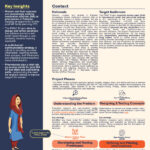
The PMAC project in Pakistan takes a phased approach to gathering insights, developing and testing solutions, and refining interventions as needed to ensure we are addressing the challenges women face in accessing post medication abortion (MA) family planning (FP). This learning brief outlines key insights from developing, testing and refining prototypes (also referred to as the Medium-Fidelity Phase) aimed at increasing women’s access to post MA FP in Islamabad Capital Territory.
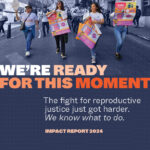

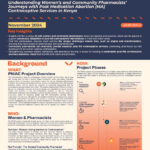
These learning briefs – a project anchor brief, a user-focused brief, and a pharmacist-focused brief – summarize lessons learned by the PMAC project during multiple phases of the project.
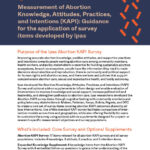
The Abortion Knowledge, Attitudes, Practices, and Intentions (KAPI) Survey with optional add-on supplements, developed by Ipas, is a comprehensive resource designed to assess and enhance community understanding, attitudes and support around abortion care.
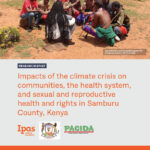
Our research shows how people and the health system in Samburu County, Kenya, are impacted in numerous ways by the climate crisis—and articulates how healthy people and communities are more resilient to the impacts of climate change.
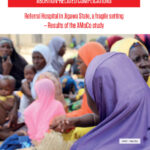
The importance of South Africa as a model for reproductive self-determination in Africa cannot be underestimated. Abortion has been legal since 1996, and the country has some of the most developed government systems for the provision of abortion care on the continent. Yet in the same way opponents of abortion in the United States have whittled away at access with increased bureaucracy, South Africa faces similar assaults that leave women without safe care and threaten to turn back achievements made during the past 16 years. This article explores the history of the law, subsequent legal challenges, and new threats to women’s access to abortion services, including service delivery issues that may influence the future of public health in the country.
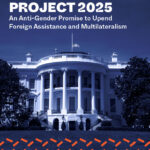
This report focuses on the damage Project 2025 would have on overseas development assistance and international cooperation.
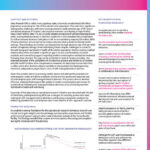
These two learning products – a project brief and a technical brief – describe the Ipas Development Foundation’s work to increase contraceptive uptake and continuation after self-managed medical abortion.
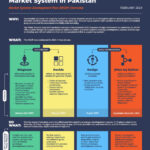
These three learning products — a market systems development plan (MSDP) overview, a workshop event summary, and a low fidelity process infographic — document our project’s efforts to understand, describe, and enhance the post-medication abortion contraceptive market in Pakistan
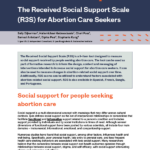
The Received Social Support Scale (R3S) is a 9-item tool designed to measure social support received by people seeking abortion care.
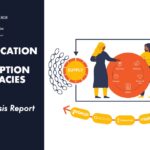
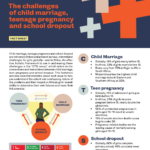
Child marriage, teenage pregnancy and school dropout are intricately linked and present serious, interrelated challenges for girls globally—and in Africa. An effective, holistic framework to use in addressing these challenges is the “CTS nexus,” which refers to the connections and interactions between child marriage, teen pregnancy and school dropout.
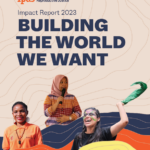
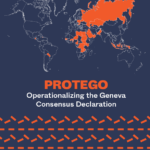
Piloted in Guatemala in 2023 and formally launched in Uganda in February 2024, Protego is a threat to existing international human rights frameworks.

